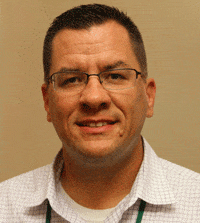
By Burt Braunius
December 14, 2014At a recent Commissioned Pastor Advisory Team meeting, I had the privilege of meeting Greg
Alderman, President of the General Synod, Reformed Church in America. He told me about a paper that he wrote comparing the Commissioned Pastor of today with “the 18th century tutored pastor.”
Greg was kind enough to send us the paper and give permission to share it. Much of what he says is based on The Dutch Reformed Church in the American Colonies by Gerald De Jong (Eerdmans, 1978). Alderman writes about the “tutoring” system of the 18th century and sees the system as a grounding for mentors who provide support for the training of today’s Commissioned Pastors. Following are excerpts from the paper.
“The process of preparing people in the Commissioned Pastor route has strong historical precedent in our denominational heritage. In addition, the benefits of this type of pastoral preparation have been seen historically and they are being witnessed today. I foresee many bumps and turns in the road, but I also see a bright future for pastoral leadership in the RCA. My dream is that this denomination will see the kind of fruit we all know is possible when the Lord of the Harvest chooses to move…
“[Gerald] De Jong also notes four advantages of pastoral preparation via the vehicle of the tutorial system. First, the student was obliged due to his environment to do more independent thinking and enjoyed a closer student-teacher relationship than the university-trained pastor. Second, contextual learning from someone entrenched in ministry in the colonies provided a practical experience that could not be replicated in Europe. Third, De Jong notes that the best colonial pastors of the era were trained via the tutorial system. Finally, building off of the third point, the fact that an individual was a university-trained pastor in Europe did not guarantee pastoral success in the colonies.
“The application at this point is to recognize that the strengths of the tutored pastor of the 18th century are just as applicable and true today. First, the tutored pastors had the advantage of learning their practical theology in the mission field… Second, the availability of a mentor invested in the development of a student pastor creates an action-reflection dynamic that cannot be replicated in the classroom. As was seen in the 18th century, the close student-teacher relationship generated by a tutorial process of pastoral leadership provides the kind of action-reflection that is vital for the development of future pastors.
“The final points of the tutorial process play into our current day debate over the relevance of the Commissioned Pastor designation. In the 18th century, De Jong observed that some of the most successful pastors were trained via the tutorial system…
“As we move forward in this process, my hope is that the RCA will see that we must have a high emphasis on the development of pastoral leadership and that in order to accomplish this, we will need to stress the need for both seminary trained pastors and those trained by the tutorial arm implied in the Commissioned Pastor designation. I believe that as we raise up second career individuals through a tutorial system of pastoral preparation, we will see a rise in interest in seminary training as well.”
Mentors (called tutors in the 1700’s) are at the heart of the training provided by Church Leadership Center. CLC works in partnership with pastors, churches, and other ministry groups to prepare congregational leaders for advanced levels of service. We do this by means of assessment interviews and reports; personalized training plans, mentor-mentee relationships, classes, and certification so that participants are able to increase their effectiveness in all areas of church life. Click here for more information from our web site and to read previous blogs. To view videos about Commissioned Pastors and those who support them, click here.
Thank you to Rev. Greg Alderman for permission to quote from his paper. The entire paper may be downloaded by clicking here.









